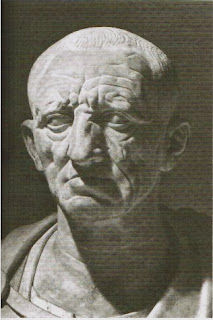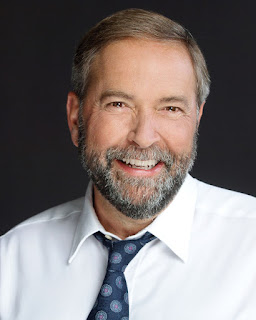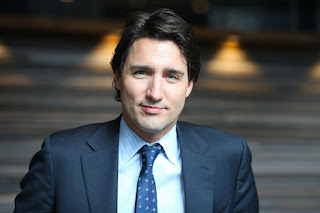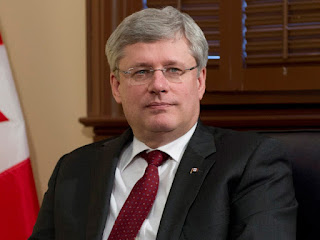A Truly Democratic Election
After this week’s unfortunate incident, by which I mean the election of He Whose Hands Must Not Be Mentioned, I’ve had enough of American politics. The war in Eastern Ukraine hasn’t been in the news much in the past couple years. It’s turned into a frozen conflict—a stalemate between...
Breaking News: Britain Chooses Picture as Leader
British voters yesterday chose a print of a late-nineteenth-century oil painting to lead their country for the foreseeable future.
The picture shows a white family at a table drinking tea. A portrait of Queen Victoria hangs on the wall. Golden-tinged sunlight streams in from a window, through which a...
The wisdom of Cato the Elder
The Roman senator Cato the Elder was not a very nice man. When he was young he fought in the Second Punic War against Carthage. The war devastated Italy, and Rome was nearly defeated. But it finally prevailed and imposed a peace treaty...
Breaking News: Potter defeats Voldemort
Last night, in a battle fought across the country, the young wizard Harry Potter delivered a resounding defeat to the Dark Lord Voldemort. Potter was widely considered too young and inexperienced to be a serious threat to He Who Now Can Be Named Freely......
A metaphysical interview with Thomas Mulcair
Last on my list of interviews was Thomas Mulcair, the leader of the New Democrats. It took a while to get hold of him, because when I called his campaign office a recording said the line had been disconnected. Eventually I tracked down...
A metaphysical interview with Justin Trudeau
After my unsatisfying interview with the Prime Minister, I met with Justin Trudeau, leader of the Liberal Party. That didn’t go much better.
To start with, he wanted to meet me on a beach in Cuba. When I got there he was lying...
A metaphysical interview with Stephen Harper
So it’s been a long time since I posted anything here, despite the obvious fact that there is a national election going on and everyone is in a tizzy. I’ve been busy, mostly working on a new book, which is turning out to...
Relativism
The Social Epistemology Review and Reply Collective just published a critical reply by me to a paper on relativism. The original paper (by Howard Sankey, in Social Epistemology) tries to refute relativism. That's generally a good thing, but Sankey's ar......
It’s election time in Alberta
It’s election time in Alberta – the premier heard the call on this blog, or maybe one of the four million other blogs in Alberta that are more widely read, and deigned to ask voters for a mandate. Much to his surprise, the...




